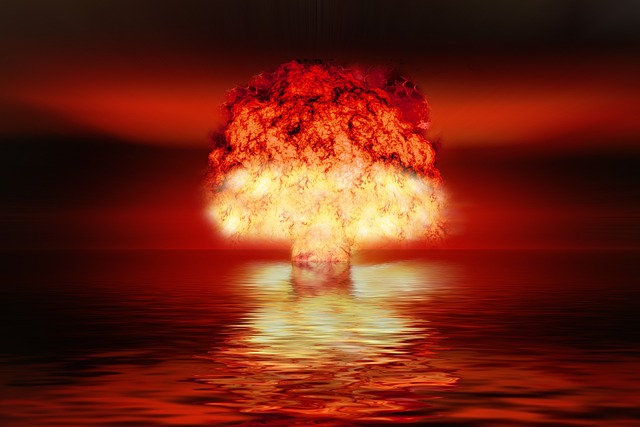
Bikini Day may evoke images of a vibrant beach vacation, but it is actually a day to remember the tragic consequences of nuclear testing and to wish for peace. On March 1, 1954, the U.S. hydrogen bomb test "Bravo" at Bikini Atoll in the Marshall Islands inflicted terrible suffering on many, including the Japanese fishing boat Daigo Fukuryū Maru.
The Beginning of Tragedy: Operation Bravo
In the Cold War era of the 1950s, the United States accelerated the development of a more powerful hydrogen bomb to gain an advantage in the nuclear race with the Soviet Union. As a result, on March 1, 1954, the hydrogen bomb "Bravo," with a power 1,000 times greater than the Hiroshima atomic bomb, exploded at Bikini Atoll.
Daigo Fukuryū Maru: Ashes of Death
The Japanese tuna fishing boat Daigo Fukuryū Maru, operating 160km from the explosion site, was exposed to "ashes of death," or radioactive fallout, that fell from the sky with a sudden explosion. The 23 crew members were exposed to radiation, and one crew member died several months after returning home.
The Response of Japanese Society: The Beginning of the Anti-Nuclear Movement
The Daigo Fukuryū Maru incident shocked Japanese society. The Japanese people, who had experienced the pain of the atomic bombings of Hiroshima and Nagasaki before the pain had subsided, began to actively participate in the anti-nuclear and anti-war movement.
Bikini Day: Memory and Solidarity for Peace
Every year on March 1, Japan holds a "Bikini Day" event to remember the Daigo Fukuryū Maru incident and wish for a world without nuclear weapons. The "Daigo Fukuryū Maru Peace Association" in Tokyo also operates a museum to commemorate the incident. In addition, the "World Conference against A and H Bombs," which began in Hiroshima in 1955, continues to this day and plays a central role in the peace movement.
International Efforts: Toward a World Without Nuclear Weapons
Bikini Day and the World Conference against A and H Bombs play an important role in raising awareness of the dangers of nuclear weapons and promoting international solidarity for a world without nuclear weapons. Nuclear weapons are the most dangerous weapons that can bring disaster to humanity, and we must not forget the tragedies of the past and continue our efforts for peace.
[Copyright (c) Global Economic Times. All Rights Reserved.]






























